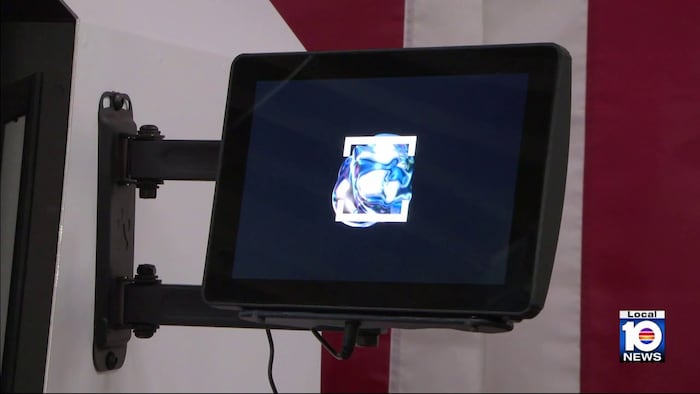Summary:
Former OpenAI and Google Brain researchers raised a $300 million seed round for their startup Periodic Labs
The company aims to automate scientific discovery using AI simulations, robotic labs, and LLM analysis
Investor Peter Deng committed on the spot during a walk after hearing their vision for real-world AI testing
The team has hired top AI and scientific talent and is initially focused on discovering new superconductor materials
Even failed experiments generate valuable data, creating a new paradigm for scientific research
The Birth of a Revolutionary Idea
When Liam Fedus, one of OpenAI's most respected researchers and a key creator of ChatGPT, announced his departure, venture capitalists swarmed. One even wrote a love letter to win his startup. This is the story of how Fedus and his former Google Brain colleague Ekin Dogus Cubuk launched Periodic Labs with a staggering $300 million seed round led by Felicis.
The Perfect Storm for AI-Driven Science
Seven months ago, Fedus and Cubuk realized the pieces were finally in place to turn the long-held dream of AI-automated scientific discovery into reality. Three key advancements converged:
- Robotic arms for powder synthesis had become reliable enough to handle material creation.
- Machine learning simulations could now accurately model complex physical systems.
- Large language models (LLMs) developed powerful reasoning capabilities, partly thanks to Fedus's work at OpenAI.
Cubuk explained, "There are a few things that happened in the LLM field, in experimental science and in simulations that kind of made this the right time."
A Fully Automated Scientific Loop
The vision is clear: simulations discover new compounds, robots mix the materials, and LLMs analyze results and suggest corrections. This creates a closed-loop system where even failed experiments generate valuable data, turning the traditional scientific reward system on its head.
"Making contact with reality, bringing experiments into the [AI] loop — we feel like this is the next frontier," Fedus said.
The Investor Frenzy
After Fedus tweeted about leaving OpenAI with what appeared to be the company's blessing and investment (which ultimately didn't materialize), VCs descended. "There was almost like a feeling of being reverse pitched," Fedus recalled. "One investor actually wrote a love letter to Periodic Labs."
The first call they took was from Peter Deng, a former OpenAI colleague now at Felicis. "Liam is a very big deal within OpenAI, very well loved and an extremely impactful researcher," Deng said. "When I heard he left, I texted him immediately."
The Deal That Sealed It
During a walk through San Francisco's hilly Noe Valley, Fedus told Deng: "Everyone talks about doing science, but in order to do science, you actually have to do science." This statement "literally stopped me in my tracks," Deng recalled.
The concept of giving AI a fully equipped wet lab to test hypotheses in the real world convinced Deng to commit on the spot. "I committed in the middle of the hills of Noe Valley to write the check," he said.
Building an All-Star Team
With their $300 million war chest, Fedus and Cubuk have assembled over two dozen top AI and scientific talents, including:
- Alexandre Passos, a creator of o1 and o3
- Eric Toberer, a materials scientist with key superconductor discoveries
- Matt Horton, creator of Microsoft's GenAI materials science tools
To ensure tight collaboration, team members give weekly grad-level lectures to each other across different specialties.
The Mission: Superconductors and Beyond
Periodic Labs has already set up its lab and is working with experimental data and simulations. Their initial mission focuses on discovering new superconductor materials, which could power the next era of energy-efficient technology.
While the robotic components are still being trained, the team is actively testing predictions and generating valuable data from both successes and failures.
The Competitive Landscape
OpenAI itself is moving into this space, with VP Kevin Weil recently announcing an "OpenAI for Science" unit to "build the next great scientific instrument." This adds an interesting competitive dynamic to Periodic Labs' ambitious mission.
The seed round ultimately included Andreessen Horowitz, DST, NVentures (NVIDIA's VC arm), Accel, and angels like Jeff Bezos, Elad Gil, Eric Schmidt, and Jeff Dean.





Comments